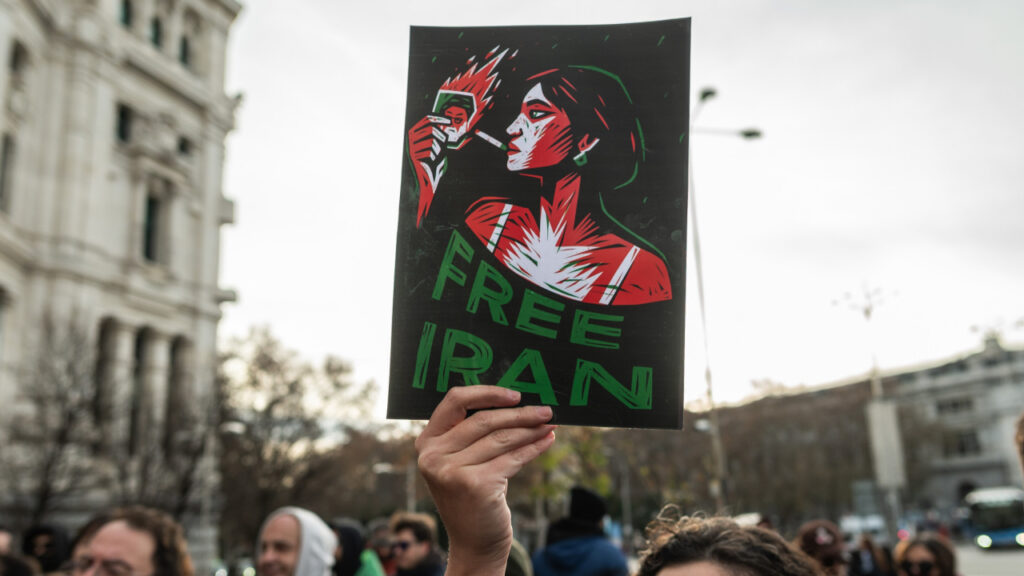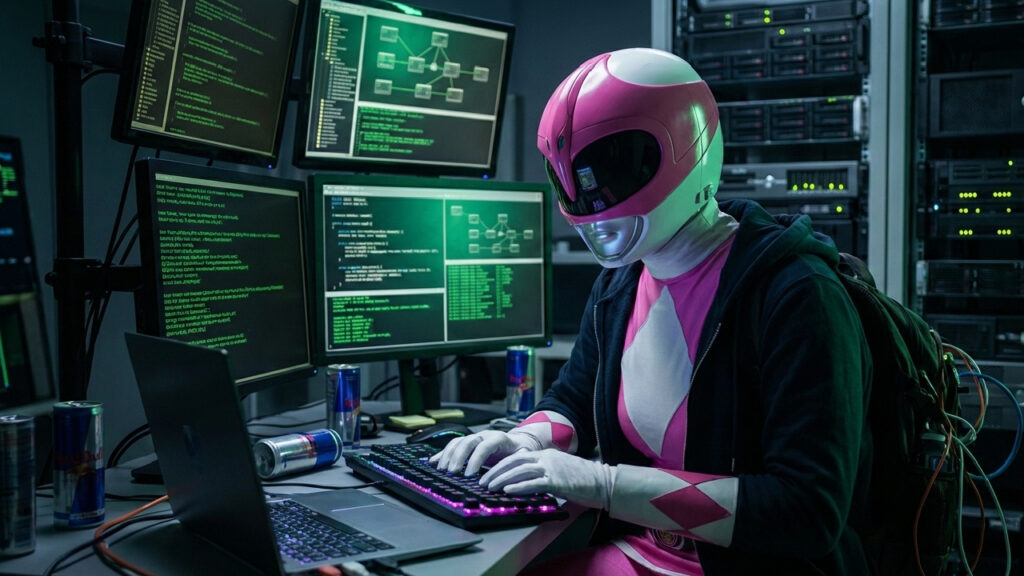Navigating ADHD in a Latino Family That Thinks ‘No Pasa Nada’
“Don’t be so lazy.” The words stung. My abuelito’s voice carried not just a demand but generations of cultural weight. “You have one job, amor: Pass your classes.” I wanted to so badly. How did everybody else do it so easily? My friends coasted through school with ease while I barely kept up.
Laziness felt like a permanent label.
Then, at 22, I was diagnosed with ADHD, and suddenly, my struggle made sense.
My Nicaraguan family has a couple of cultural beliefs: eggs are a staple of every meal, and “no pasa nada” (it’s nothing; it’s fine).
With a deeply ingrained love and respect for my big, brown family, they were right. I had one job I was failing, and no good reason why.
So, when I was diagnosed with ADHD, I began my evolution from a frustrated and shameful little girl to a functioning, successful woman in society. It was liberating to know that I wasn’t lazy—but what my culture saw as personal inadequacies were symptoms of a neurological condition.
I began to get to know myself better, perhaps for the first time: why I’m quick to shed a tear, unable to thrive in school, and procrastination was my drug of choice.
I’d searched for these questions all my life. Although I knew I was sharp, I felt unsustained.
Even more, coming from a family of immigrants, I was grateful for my education, but my marks told a different story.
“You’re smart. You just don’t try,” my friends would rationalize. But behind the apparent lack of effort was a defeated and self-conscious girl. The Latino mentality, reminiscent of the Nike slogan: “Just do it,” reminded me of my shortcomings.
But I wasn’t alone—individuals in the Latino community often don’t recognize symptoms of mental health conditions.
My mother was patient, but it didn’t change the programming instilled in our culture. There’s a reason why Latinos are more underdiagnosed with ADHD than Caucasian patients.
While societal causes are disproportionate, symptoms of ADHD carry a unique kind of shame in the Latino community—complaining isn’t an option, and you can overcome everything with sheer willpower.
Today, I still see the Nica perspective creeping into my mind.
In my case, I didn’t know that I had a neurological disorder, and I didn’t feel undermined by my family. In fact, I agreed with them. I was programmed to understand and conform to our community’s common way of thinking.
So, even though it felt difficult, I didn’t know it was more difficult for me than anybody else. I figured life is tough, “pero todo bien, gracias a Dios.”
And even today, my ADHD diagnosis didn’t erase the voice inside that tells me to “just do it. No pasa nada.”
What I’ve learned is that understanding ADHD doesn’t give you more excuses, but the tools to work with your brain, not against it.
The girl who once struggled to pass her classes, meet deadlines, and attend her appointments wouldn’t believe she would soon be a full-time freelance writer and student and proud of herself for her exciting daily achievements.
As a Latina, I hope our community can start recognizing neurodivergence for what it is. We need to move past the “no pasa nada” mentality and create spaces for open conversations about mental health.
Isabel Ravenna is a journalist & author based in Los Angeles. With a laptop in one arm and a film camera slung around the other, Isabel got her start at the New England Center for Investigative Reporting nearly a decade ago. Now a published writer, editor, and photographer, she specializes in investigative features and entertainment news, her expertise honed through studies of journalism and public relations.




